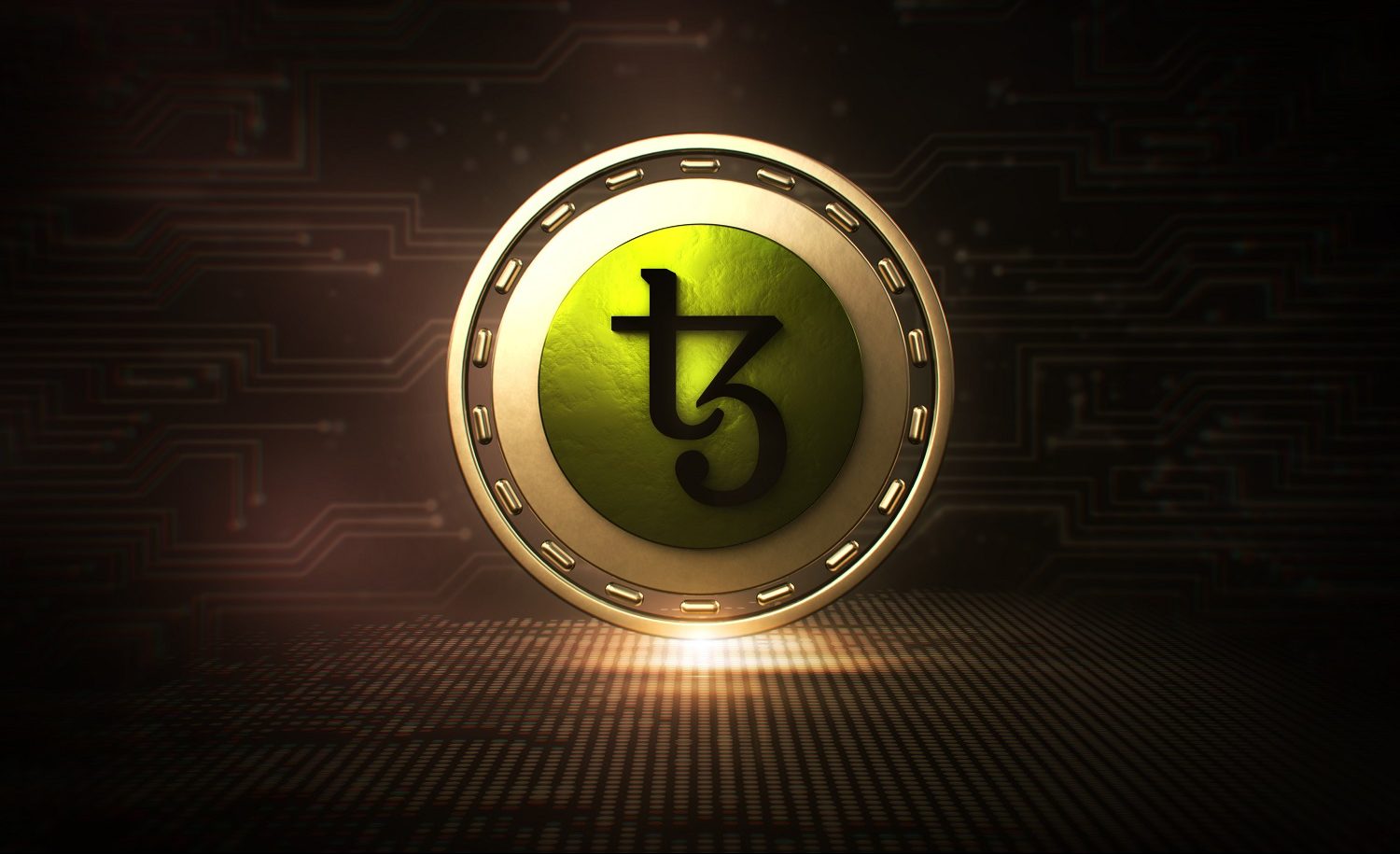Ethereum Pioneer’s New ‘Time Machine’ Makes Transactions Conditional on Future Events
Ethereum, a paramount blockchain due to its programmability and sprawling ecosystem of layer-2 networks, is getting a new dimension: time.
Smart Transactions (STXN), a new project from Vlad Zamfir, who pioneered Ethereum’s proof-of-stake blockchain system, released on Wednesday a platform that will enable applications to execute transactions based on future events.

00:56
Len Sassaman-Themed Memecoins Surge Ahead of HBO Bitcoin Creator Documentary

01:11
Private Transactions Surge on Ethereum

00:59
Many DeFi Protocols ‘Flagrantly Disregard’ Regulations: Gavin Wood

00:53
Gavin Wood on the Problem With Layer 1s
The new platform, called the “Ethereum time machine,” extends the blockchain’s programming capabilities by allowing smart contracts to execute transactions based on uncertain or not-guaranteed future events.
“For example, a user could stipulate that a trade execute at a specified day and time conditional on a set of prerequisites,” the STXN team wrote in a press release shared with CoinDesk. “These prerequisites could be absolute, such as the dollar value of a particular asset, or relative – for instance, whether one asset is worth more than another. The potential permutations are almost unlimited, greatly increasing the dynamism of the largest blockchain for developers.”
The release comes after STXN announced in July that it would collaborate with Consensys, a major Ethereum development firm, on research that complements Smart Transactions — a feature enabled by Consensys’ Metamask wallets.
“STXN is like a time machine because it allows us to guarantee the future when it comes to smart contracts,” STXN co-founder Anuj Das Gupta said in the press release. “It allows us to travel backward in time as well, in the sense that Ethereum smart contracts are no longer limited by what was known at the time they were written. We believe this is an important solution to the tension between flexibility and immutability when it comes to blockchains.”
Disclosure
Please note that our
privacy policy,
terms of use,
cookies,
and
do not sell my personal information
have been updated
.
CoinDesk is an
award-winning
media outlet that covers the cryptocurrency industry. Its journalists abide by a strict set of
editorial policies.
CoinDesk has adopted a set of principles aimed at ensuring the integrity, editorial independence and freedom from bias of its publications. CoinDesk is part of the Bullish group, which owns and invests in digital asset businesses and digital assets. CoinDesk employees, including journalists, may receive Bullish group equity-based compensation. Bullish was incubated by technology investor Block.one.
:format(jpg)/s3.amazonaws.com/arc-authors/coindesk/7dc71a1a-5122-47cc-9bbf-82501f65b060.png)
Margaux Nijkerk reports on the Ethereum protocol and L2s. A graduate of Johns Hopkins and Emory universities, she has a masters in International Affairs & Economics. She holds a small amount of ETH and other altcoins.
Follow @cryptauxmargaux on Twitter









